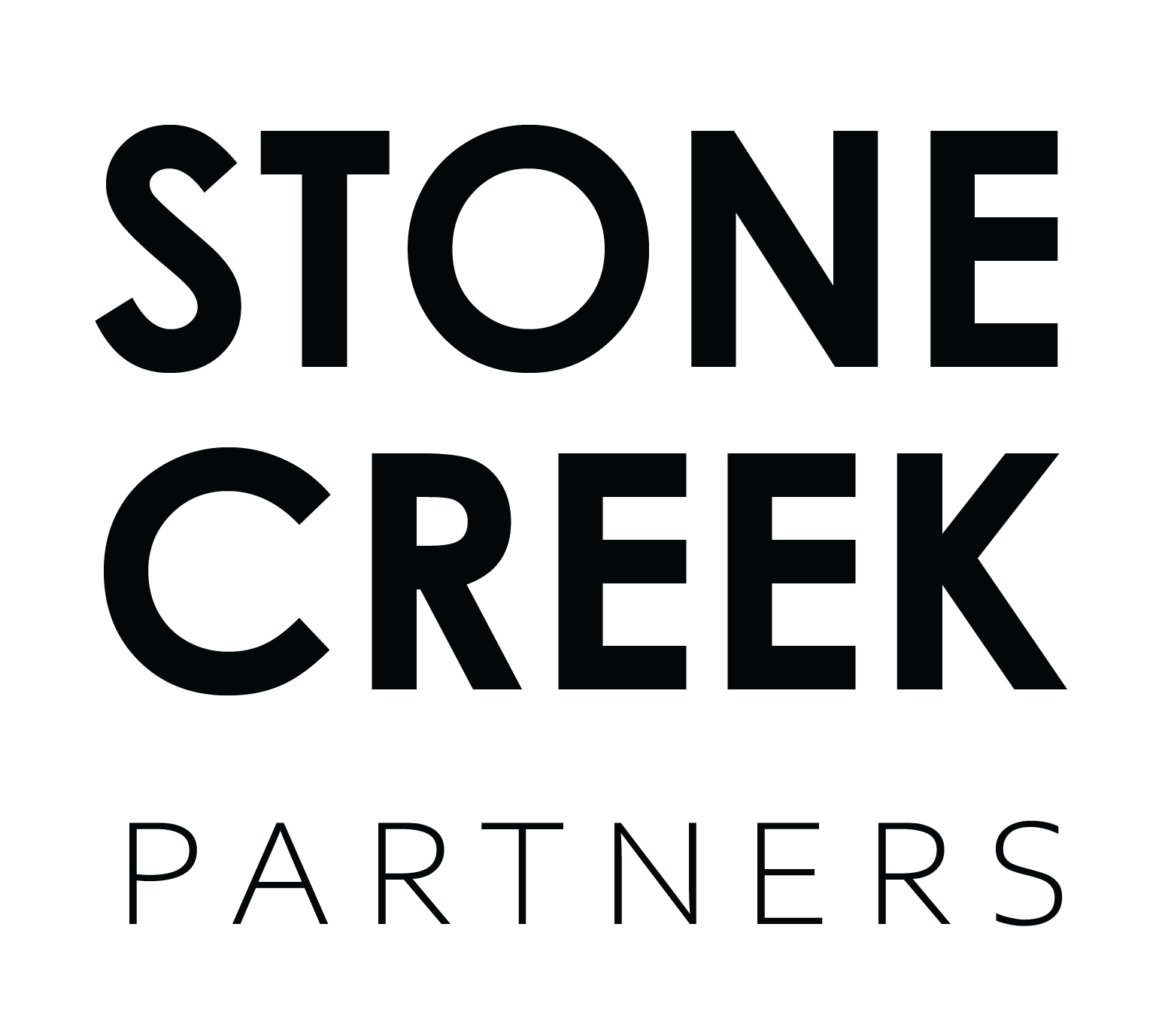
The Future of Co-Working Spaces and Players
The future of co-working spaces and players has been propelled by the Covid-19 pandemic but new players were already busy entering the sector. Coworking is an arrangement where workers from different companies share an office space, with access to common equipment, IT, utilities, and receptionist, and sometimes refreshments and mail services.
There has been a continuing evolution in coworking space since the 1960’s, when OmniOffices Group, Inc. (now IWG plc’s HQ brand) and Fegen Suites (whose legacy ended up with Barrister Executive Suites) pioneered predecessor sharing concepts. Later entries such as St. Oberholz (Berlin) pioneered the Internet cafe and a fully communal experience.
The hotel industry is likely to take a large role in providing co-working and remote work spaces to travelers and local businesses. Hotels and resorts have cost advantages over the myriad of co-working startups, as well as many excellent locations for this purpose, brand recognition, and the opportunity to provide food and beverage, additional personal services, and amenities. Zoku in Amsterdam (established in 2016) is among the terrific examples – a self-described “workmeetsplay hotel” concept for the global nomad.
The advantages of the hotel industry are apparent with recent events. WeWork is the Softbank-funded co-working company that has illustrated the difficulty of its business model; that simply being a well-funded first mover without any sustaining competitive advantages, is no business model at all. As Covid-19 has weakened all co-working companies, the hotel industry is poised to make larger inroads.
In September 2020, AccorHotels has announced its £35 daily fee “Hotel Offices” work spaces, with the added perk of room service and lobby bar (in many locations). Proper Hospitality is partnering with Industrious to bring the work-from-hotel concept to its hotels in Austin, San Francisco, and Santa Monica, with additional hotels to come. Scandic Hotels, Sheraton, and Moxy Hotels (Marriott) have also announced similar programs.
Proptech firms such as LiquidSpace are bringing tech platforms to coworking, allowing any property owner to inventory and work with tenants desiring co-work, shared, or nearby remote places to work. These Proptech applications are similar to the disruptive economics and connectivity of sellers and buyers, that companies like Uber have brought to other industries.
For More Information
We track the industry and the prospects for the future of co-working spaces and players, for clients exploring anchor tenant possibilities for projects. For more information about the co-working industry, its players, history, and recent deals, click here:
Cold Chain Logistics is Attracting Investor Interest
Cold chain logistics is attracting investor interest as a real estate asset class, given its increasing demand across industries. Although cold chain is a specialized kind of asset, it is part of the broad range of facilities within the office and industrial facility sector.
Cold chain logistics companies handle temperature-controlled and temperature-sensitives goods. The logistics include all or part of the supply chain, including procurement, storage, transport, and distribution. Refrigerated goods handled in the cold chain logistics industry include foods, beverages, and bio-pharmaceutical products (life sciences), among other items.
The increased investor interest in cold chain is interesting since many of the large operators and portfolios are somewhat historic having gotten their starts in the early 1900’s. United States Cold Storage got its start in 1899, for example. And Americold Realty Trust (Atlanta) traces its origin story back to 1903.
Now, newly-established global real estate conglomerates such as Constellation Cold Logistics S/A and Qualianz, each established in 2020, are bringing asset management and best-practices techniques from other industries. And we’re seeing the acquisition and consolidation transactions to achieve operating footprints than can better support client supply chain issues, such as Lineage Logistics’s recent acquisition of Henningsen Cold Storage (in May 2020), and Americold Realty Trusts’ acquisition of Agro Merchants Group (The Netherlands)- also in 2020.
For More Information
More information about the the cold chain logistics industry is available through our ongoing tracking services for clients. A summary of some of this tracking information is available for review, clicking here ==>
Cold Chain Logistics Companies – the Latest
Life Sciences Real Estate is Hot
Life sciences real estate is hot among property developers and investors, and has emerged as a highly-desired real estate asset class. “Life Sciences” refers to the booming industry made up of such industries as biotechnology, pharmaceuticals, biomedical devices, genetics and genomics, and research and development (R&D).
Life sciences real estate is exceptionally hot among investors, as 2020 heads towards year-end. The life sciences industry was already a top economic sector as 2019 came to a close, and this Covid-19 pandemic year has only propelled investor interest in the industry.
Life sciences facilities are typically clustered in areas with strong university research and teaching programs in the life sciences, and situated in proximity to other facilities and their tenants. In fact, seven of the top 10 biological science programs are at graduate universities located in the top life sciences clusters of Boston, the San Francisco Bay Area and San Diego.
Some of the top life sciences clusters includes the following cities and districts:
- Boston-Cambridge
- San Francisco bay area
- San Diego
- New Jersey
- Raleigh-Durham
- Washington, DC – Baltimore
- New York City greater metro area
- Philadelphia
- Los Angeles
- Chicago

Life sciences real estate is a hot real estate asset class among real estate investors and developers.
As part of the office and industrial real estate asset class, life sciences properties are a more specialized and generally more expensive facility than typical general-purpose office and industrial properties. The pairing of university bio-science research with private-sector life sciences companies seeking to leverage such research, is a more fine-tuned version of the well-known Science and Technology Parks that got their start in the 1950’s.
For more Information
We track the life sciences asset class on behalf of our clients. We maintain a summary of this tracking online, which is available by clicking here ==> Life Sciences Facilities Directory & Industry Players
Senior Housing at Record Low Occupancy
Senior housing at record low occupancy during the 3rd Quarter of 2020 according to the National Investment Center for Seniors Housing & Care (“NIC”). According to this new data, the seniors housing and care sector is now experiencing its largest drop in occupancy on record.
Key findings from NIC’s report show varying occupancy levels for the categories of senior housing types, including:
- Senior housing occupancy averaged 82.1% during the third quarter of 2020, down about 265 basis points from the prior quarter.
- The occupancy rate for independent living properties and assisted living properties averaged 84.9% and 79.1% during the third-quarter, respectively.
- The occupancy rate for nursing care properties averaged 76.0% in the third quarter of 2020.
NIC publishes its Market Fundamentals report each quarter. The Market Fundamentals report compiles current quarter data from more than 15,000 seniors housing and care properties in 140 U.S. metro markets. NIC’s Market Fundamentals report is prepared by its MAP® Data Service (established in 2004), which seeks to provide reliable and objective time-series data that investors, operators, and analysts can use to make informed investment decisions. With each quarterly report, data is summarized for independent living, assisted living, memory care, and nursing care facilities.
The National Investment Center for Seniors Housing & Care (NIC) is a nonprofit 501(c)(3) organization whose mission is to support access and choice for America’s seniors by providing data, analytics, and connections that bring together investors and providers.






